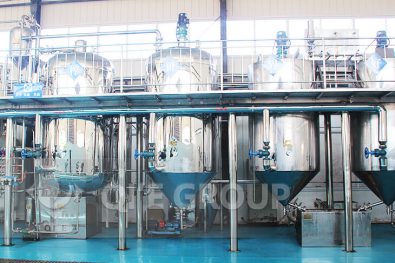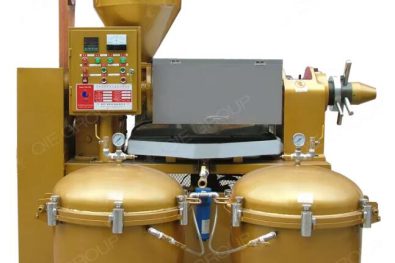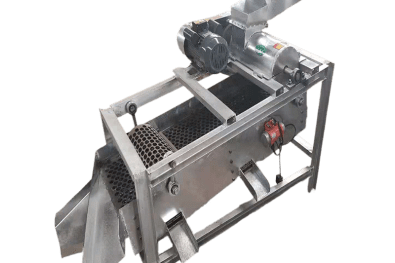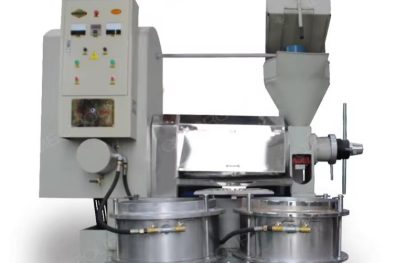As we all know, the oil yield of rapeseed is very low compared to soybeans, peanuts, etc., only about 30% to 40%, which means that every 100 kilograms of rapeseed can produce 30-40 kilograms of oil. Because rapeseed oil contains a variety of fatty acids needed by the human body, the absorption and conversion rate of rapeseed oil by the human body can reach 99%, so it is deeply loved by consumers in the market. So how can rapeseed be used to increase its oil yield in oil production?
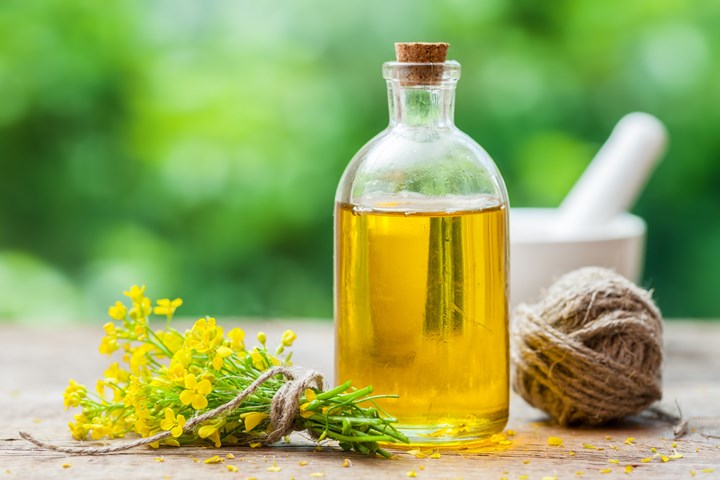
Practical research shows that during the process of pressing rapeseed oil, if the moisture, temperature and impurity content of the rapeseed are controlled within an appropriate range before production, the oil yield will be significantly improved. The specific performance is as follows:
1. Select high-quality raw materials: Select high-quality oils with high oil content and plump appearance. The quality of the oil is the key factor that determines the oil yield.
2. Do a good job of impurity removal: Impurity removal pretreatment before oil pressing can effectively improve the oil yield of rapeseed. The soil and dust contained in rapeseed raw materials will absorb oil during the oil extraction process and affect the oil yield.
3. Control temperature and dry humidity: different oils have different properties. Take rapeseed and peanuts as examples:
1) Rapeseed is a medium-viscosity, hard-shell crop that generates large resistance during oil extraction. The machine temperature should be controlled at around 130°C, the raw material temperature should be around 130°C, and the moisture content should be between 1.5% and 2.5%.
2) Peanuts are high-viscosity, soft-shelled crops that produce little resistance during oil extraction, so all indicators should be relatively low when pressing rapeseed. The machine temperature is controlled at 140℃-160℃, the raw material temperature is 140℃-160℃, and the moisture content is 2.5%-3.5%.
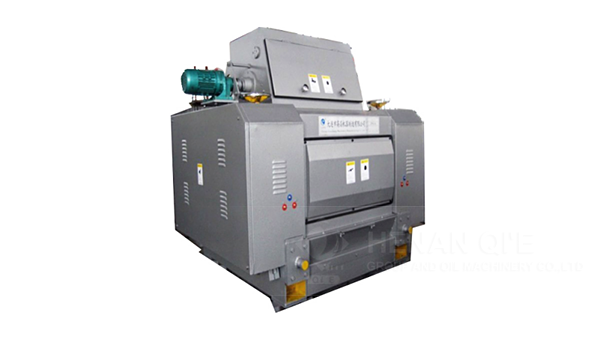
4. Choose rapeseed oil pressing equipment: When choosing equipment, pay attention to the following three points:
1) The working pressure of the equipment should be high. The greater the pressure, the higher the oil production rate;
2) The slag content of the equipment should be low. The lower the slag content, the higher the oil production rate;
3) The residual oil rate of the dry cake should be low. The lower the residual oil rate, the higher the oil yield.
Why is canola oil so popular?
Rapeseed oil is sweet, pungent, and warm in nature. It has the advantages of nourishing yin and nourishing blood, moistening intestines and laxative:
1. Clear liver and promote gallbladder
Patients suffering from fatty liver, hepatitis, gallstones or cholecystitis such as cholecystitis can choose rapeseed oil when cooking.
2. Reduce blood lipids and lose weight
Rapeseed oil has a strong effect in promoting fat burning. For people with high blood fat and obesity, it can lower blood fat and lose weight. In addition, rapeseed oil is one of the easier-to-digest oils among many vegetable oils, and its digestibility in the human body reaches 99%.
3. Anti-inflammatory
Rapeseed oil can not only disperse blood and detoxify the body, but also promote skin growth. Therefore, if there is a burn on the body, why not use raw oil to scrub the injured area to promote the healing of the wound. Ancient people used it externally to treat rubella, eczema and various skin itches.
Warm reminder: Patients with coronary heart disease and hypertension should try not to eat rapeseed oil because edible oil contains a lot of erucic acid, which can cause fat accumulation in the heart and lead to heart damage (controversial). Therefore, it is recommended that patients with coronary heart disease and hypertension patients, try to consume less rapeseed oil. Although rapeseed oil has many advantages, for the sake of people’s health, it is not recommended to consume only one kind of cooking oil. It is recommended to eat different types of oils in exchange for different unsaturated fatty acids, which is beneficial to your health!

